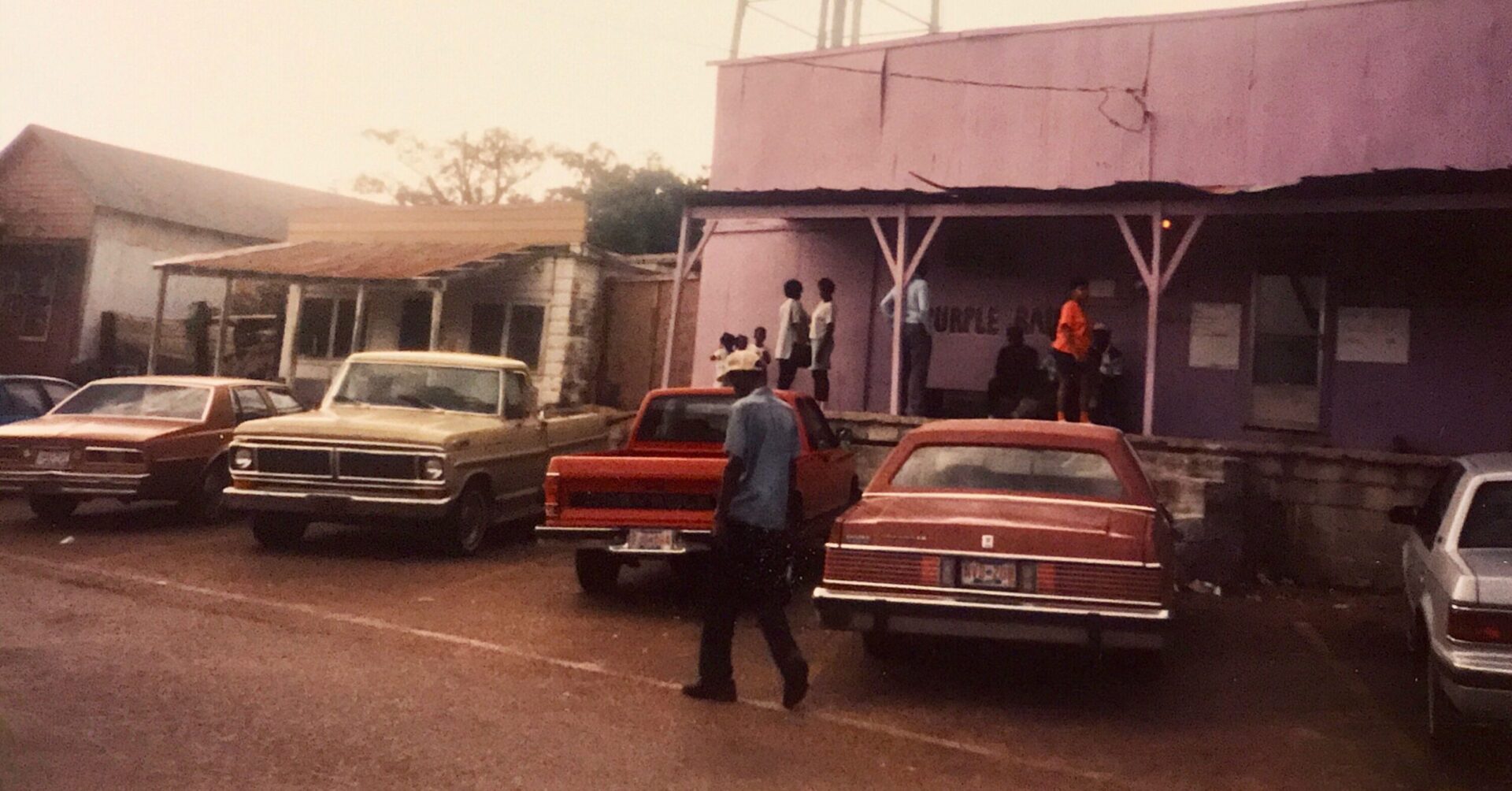





From the end of the 19th Century to the beginning of the 20th, Mississippi began to industrialize, and one of the main industries that emerged was logging. Particularly south of Jackson, the state was covered with virgin forests that were thought to be hundreds of years old, and as the areas was opened up by railroads, cutting that timber became feasible and extremely profitable for the lumber companies that emerged. Most of these firms built company towns, in keeping with the usual practice in the early 20th Century, but by 1929, when the stock market crashed, most of the best timber had already been cut, and since companies in that day did not worry themselves with renewable resources, they had not planted any trees to replace those cut. As a result, most of the sawmills began to shut down, and few of the company towns survived in any great degree. An exception seems to be the sleepy but well-preserved community of Bogue Chitto, Mississippi in Lincoln County, Mississippi (a smaller community with the same name exists in Kemper and Neshoba Counties in North Mississippi). While a community seems to have existed called Bogue Chitto prior to the coming of the railroad and sawmill, the current town with its grid of streets along the railroad likely dates from 1879, the date on the United Methodist Church’s sign. Although nothing of the original business district remains (it was likely along the railroad), the houses and churches, with beautifully ornate architecture and distinctive tin roofs are worth a detour off of I-55. The reason why Bogue Chitto survived the boom-bust cycle of the lumber industry is unclear, as its southern neighbor of Norfield was not nearly so lucky and hardly a trace of the latter town remains. At least part of it may be that Bogue Chitto, unlike must lumber towns, was an incorporated town from 1892 to 1944 and had a municipal government. At any rate, Bogue Chitto is a remarkably well-maintained example of what a Mississippi logging town looked like in the early 20th Century, and should probably be promoted as such to visitors to the state. Of course, perhaps those who live there prefer it to maintain its solitude and quiet.
